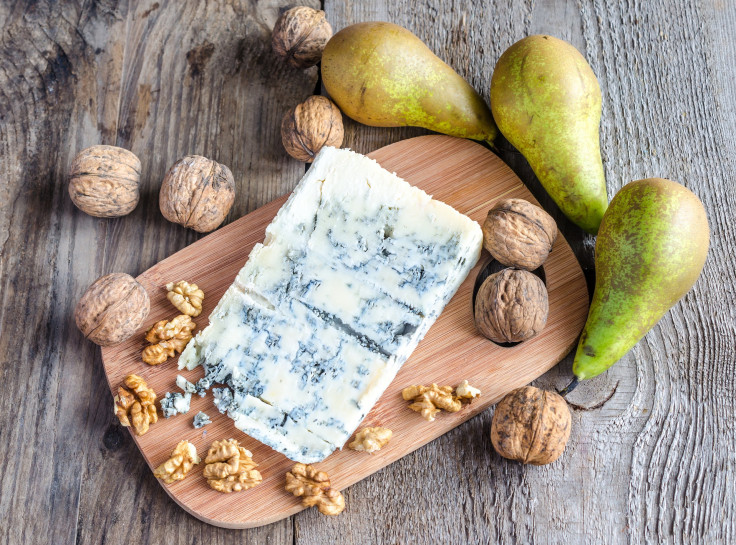FDA Bans Roquefort, Other French Cheeses Due To Bacteria Levels; Though They’re Virtually Harmless

Bacteria is often essential to the cheesemaking process. But the Food & Drug Administration (FDA) is overlooking that in a new ban on French cheeses containing high levels of bacteria.
The FDA has banned classic French cheeses like Roquefort, St. Nectaire, Morbier and Tomme de Savoie, arousing the anger of many cheesemakers and food enthusiasts. In France, where people probably know what they’re doing when it comes to food, no one blinks an eye about bacteria-laden cheese. But now the FDA has lowered its maximum bacteria level standard from 100 MPN (most probable number) to 10 MPN, meaning that even small levels of harmless bacteria can get cheeses ripped from U.S. supermarket shelves.
The FDA is concerned with raw milk and bacteria, such as E. coli, which is found in Roquefort and other cheeses. There are two types of E. coli, toxigenic and nontoxigenic, the former of which can be dangerous to human health. But the latter doesn’t affect us in any adverse way; in fact, all humans have some nontoxigenic E. coli living in their stomachs. It's necessary to keep our digestive tracts balanced and in check.
So why is the FDA making such a big deal about nontoxigenic bacteria in nice cheeses? By the FDA’s logic, if the nontoxigenic E. coli reach a certain level in cheese, that must be a sign of dirtiness at the facility, and must therefore mean all their products are unsafe. Though it might not make sense, the FDA is sticking to its decision: “The current level is in line with standards around the world, and FDA expects that properly manufactured milk products, whether made from raw milk or pasteurized milk, should not be affected,” Lauren Sucher, an FDA spokeswoman, told CNN.
Many cheesemakers are decrying the FDA’s decision, noting that nontoxigenic bacteria in these cheeses are quite harmless. “There was no health risk in all the years we operated at 100 MPN,” David Gremmels of Oregon’s Rogue Creamery told The Los Angeles Times. “We look at this as an arbitrary change.”
Instead of targeting classic cheeses that are actually good for our health, perhaps the FDA should turn its stern gaze to things like Kraft American cheese, which isn’t really cheese at all, and contains dangerous food dyes and 45 grams of fat in just one slice.



























